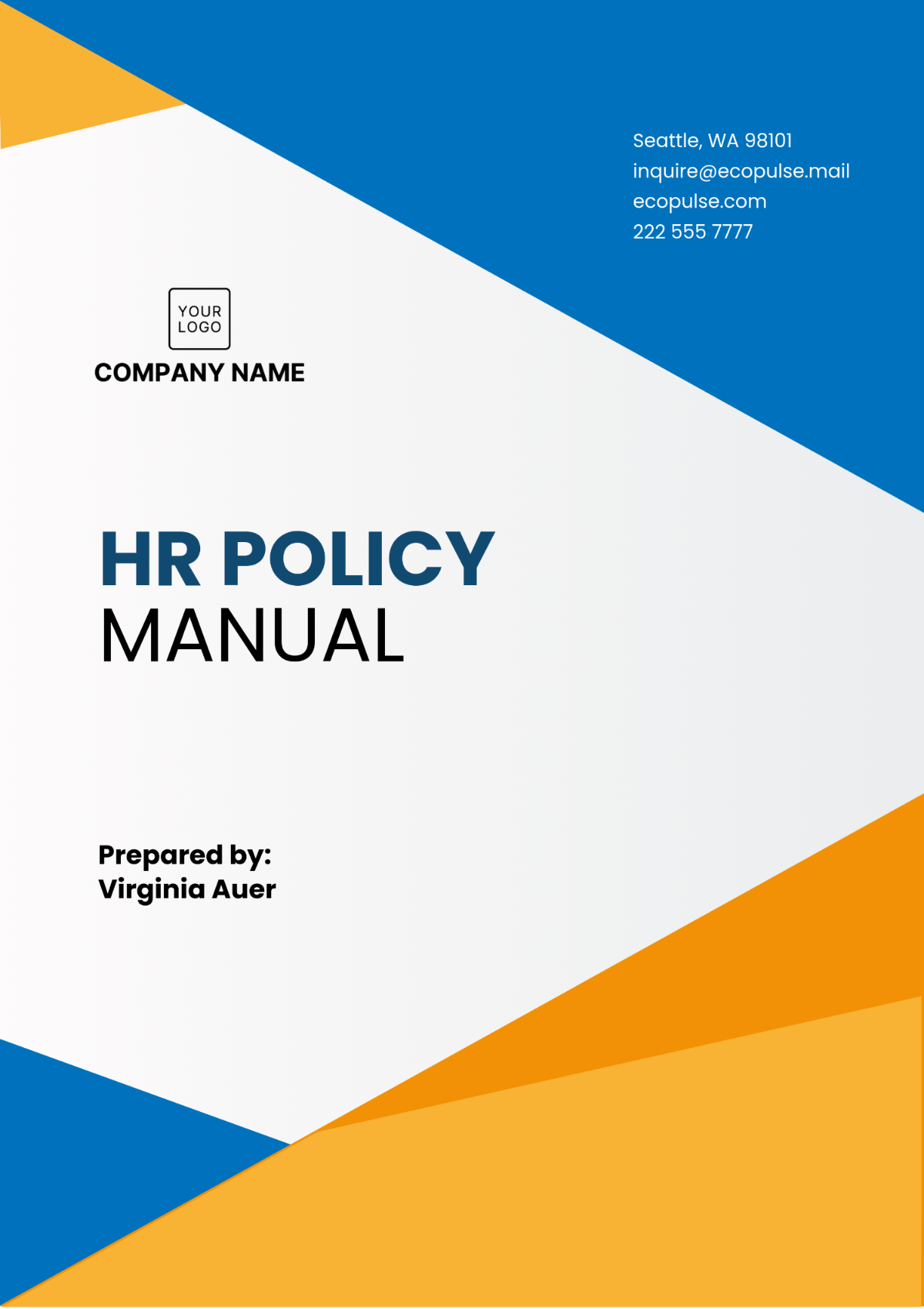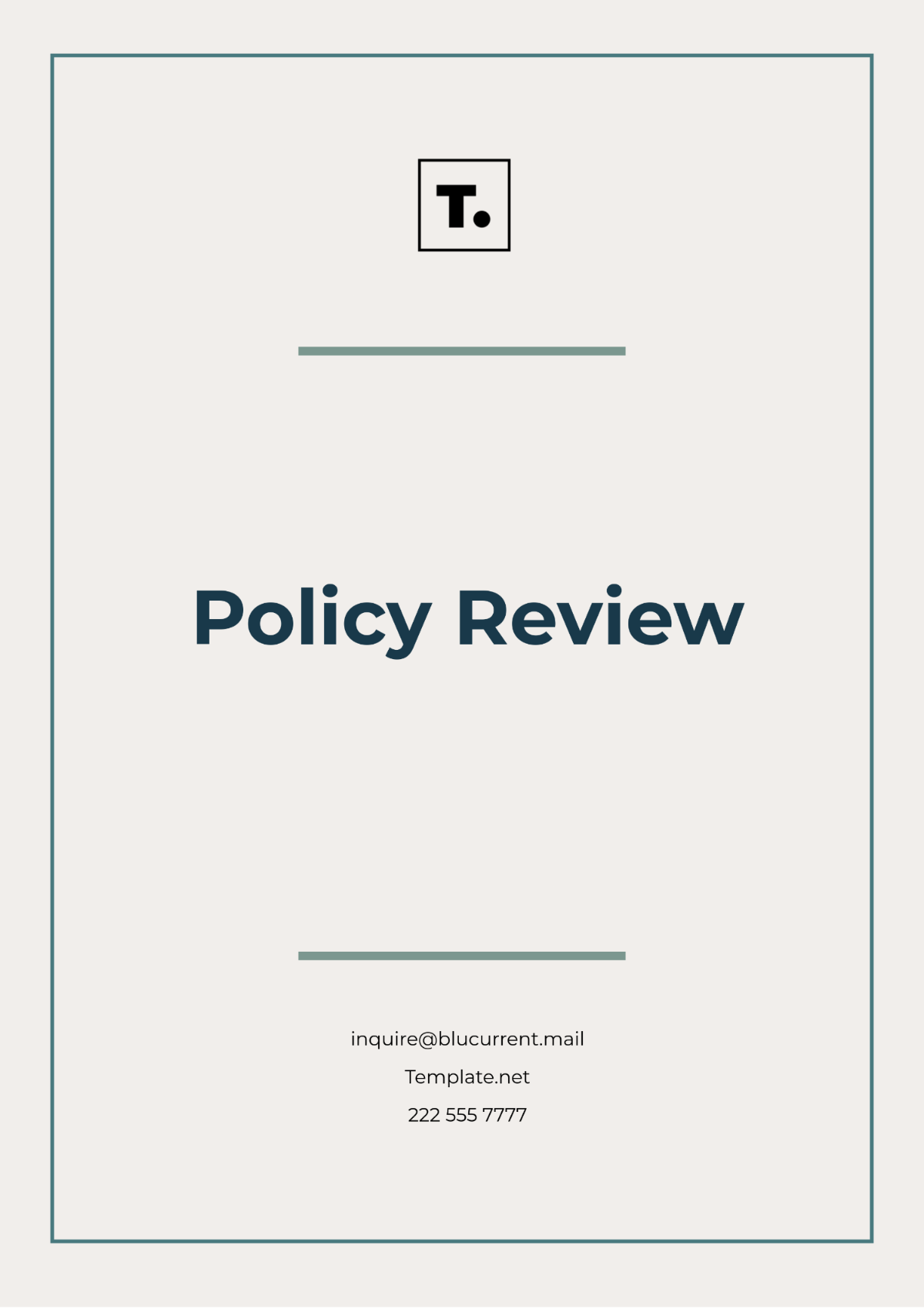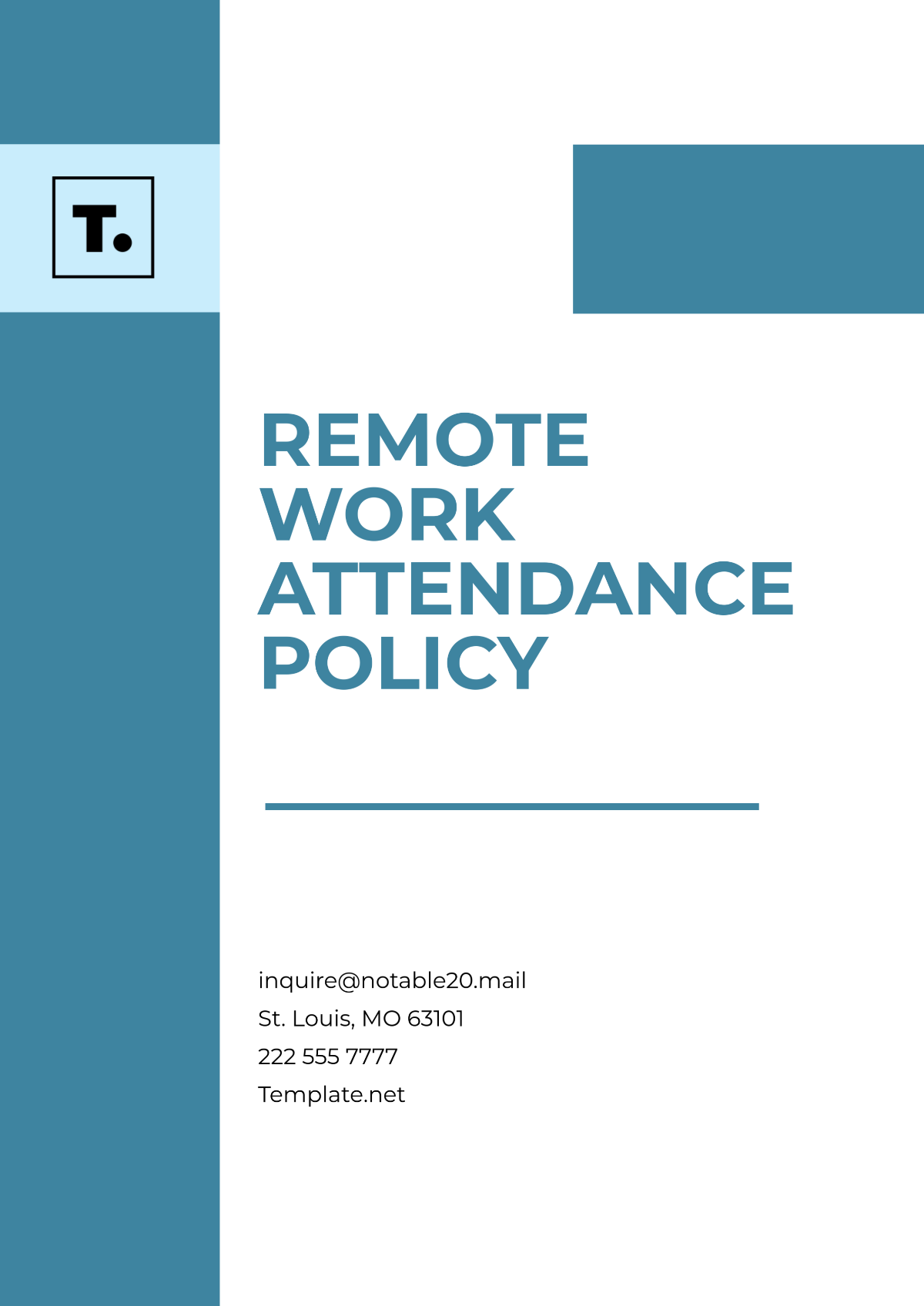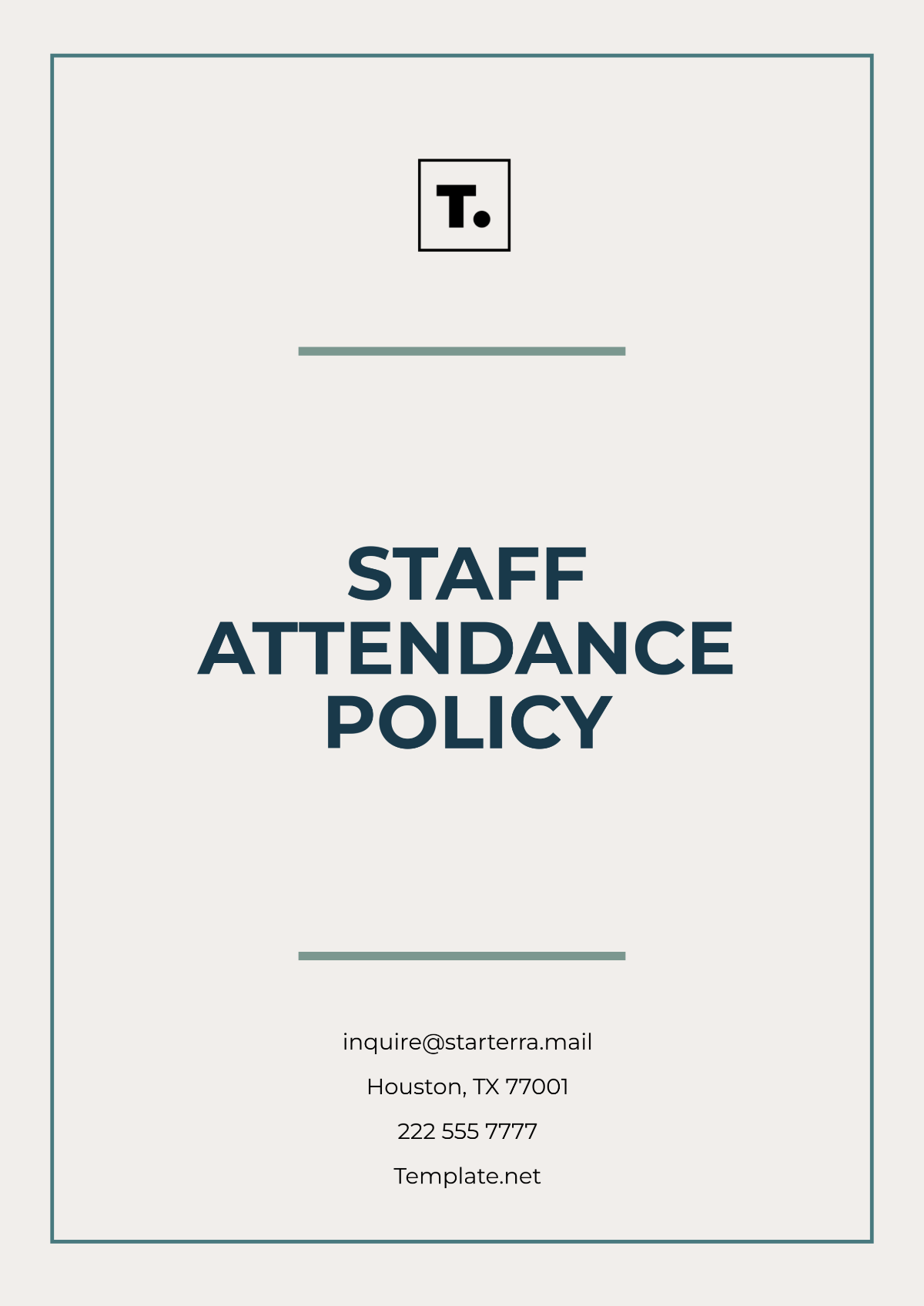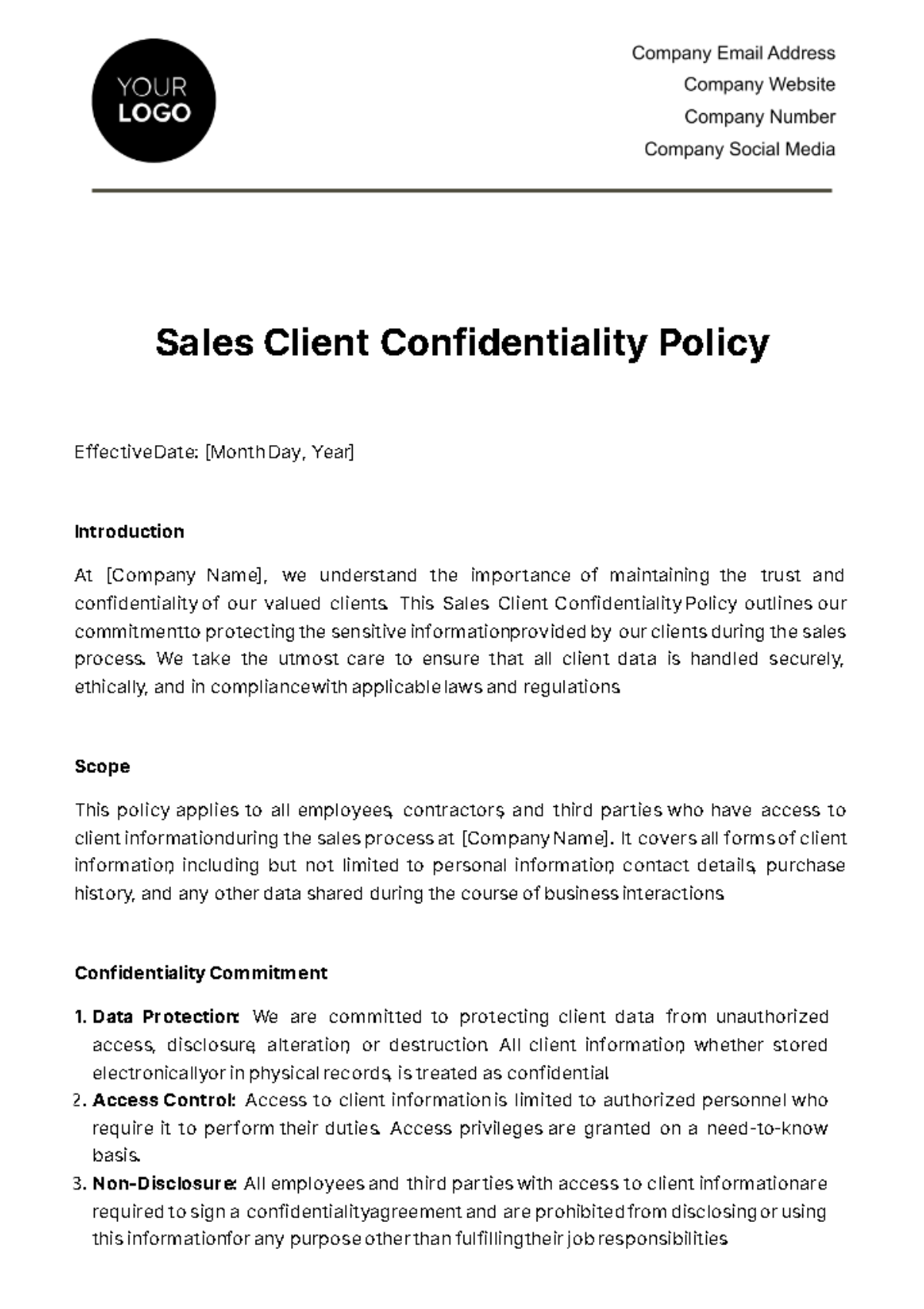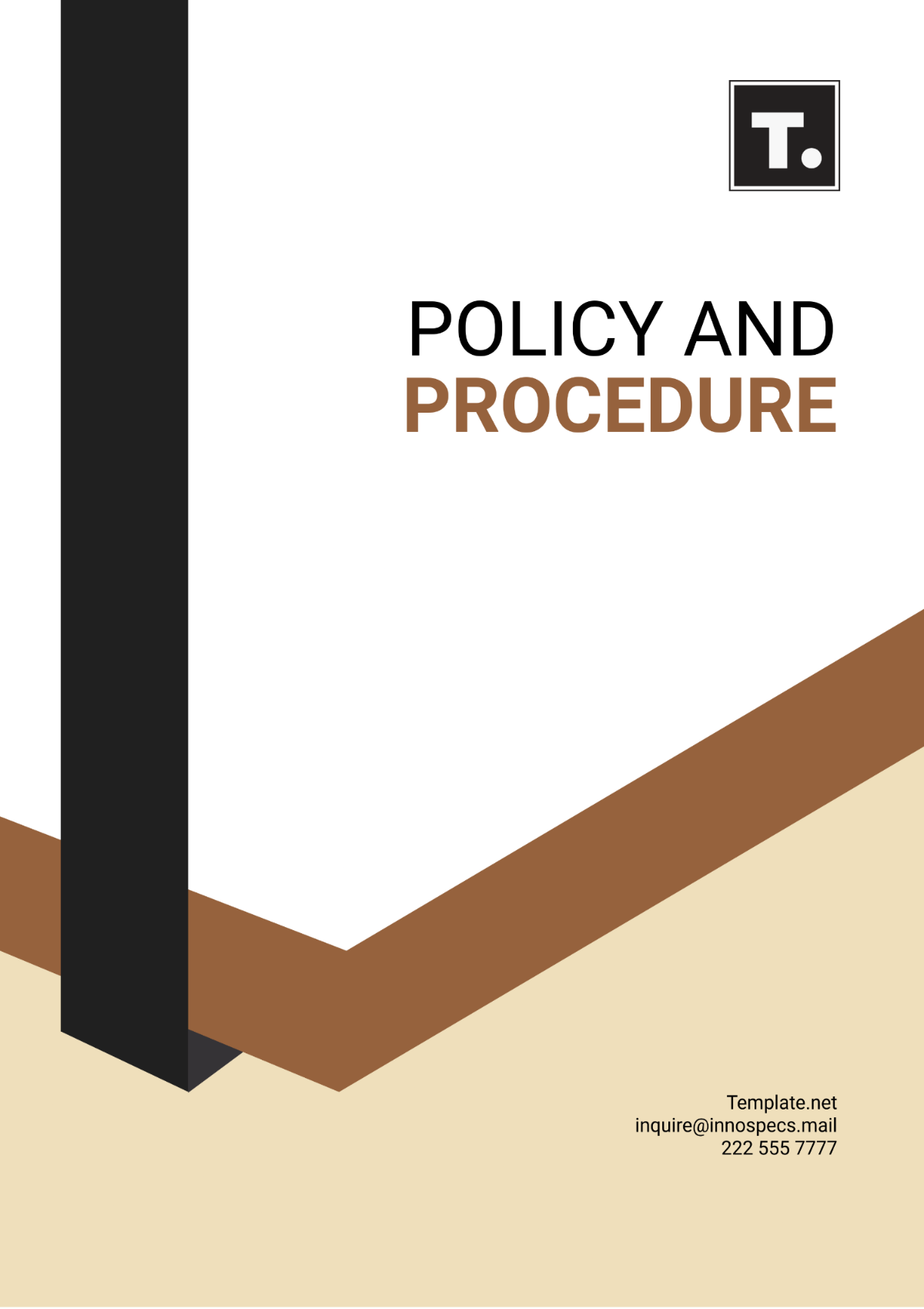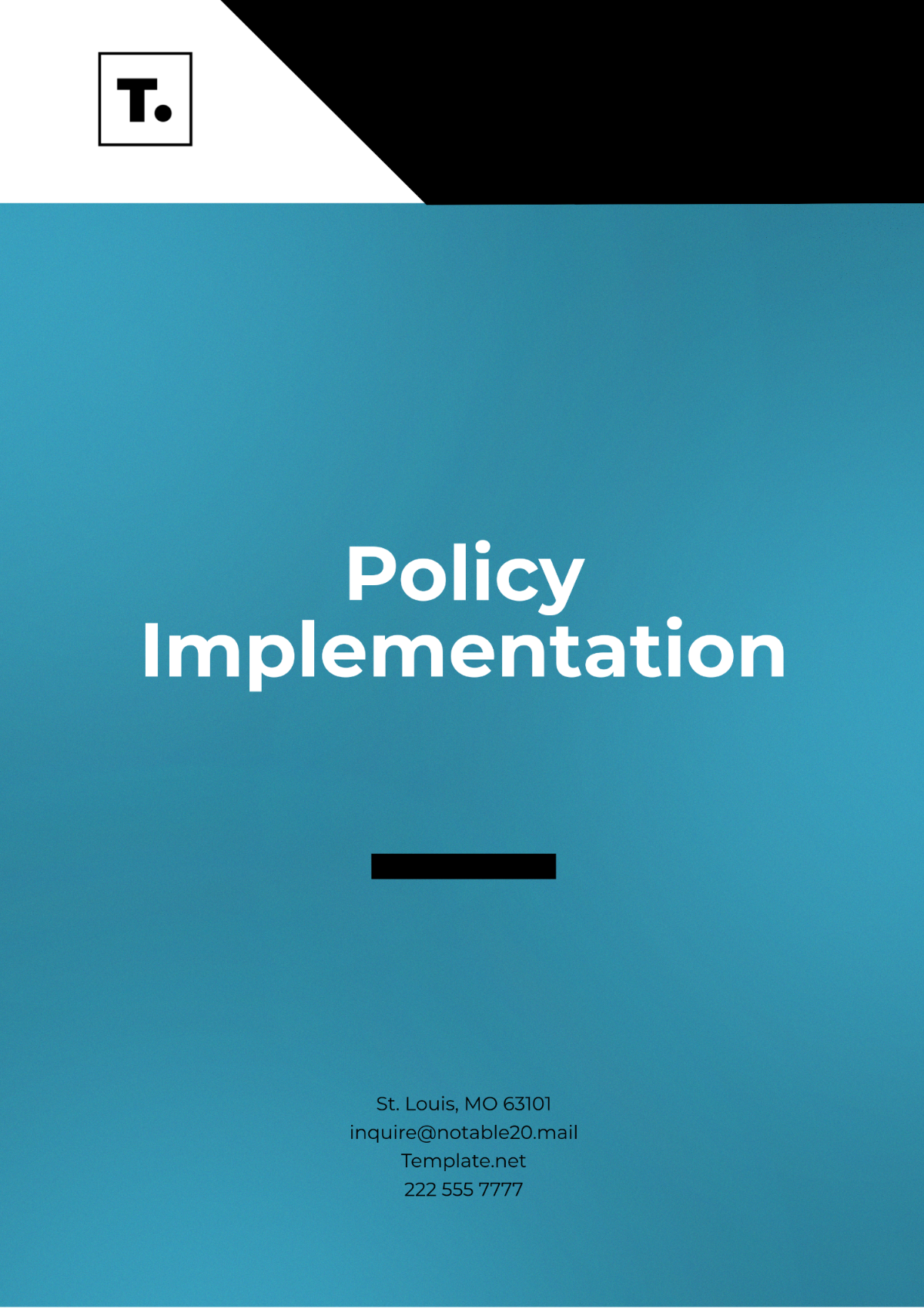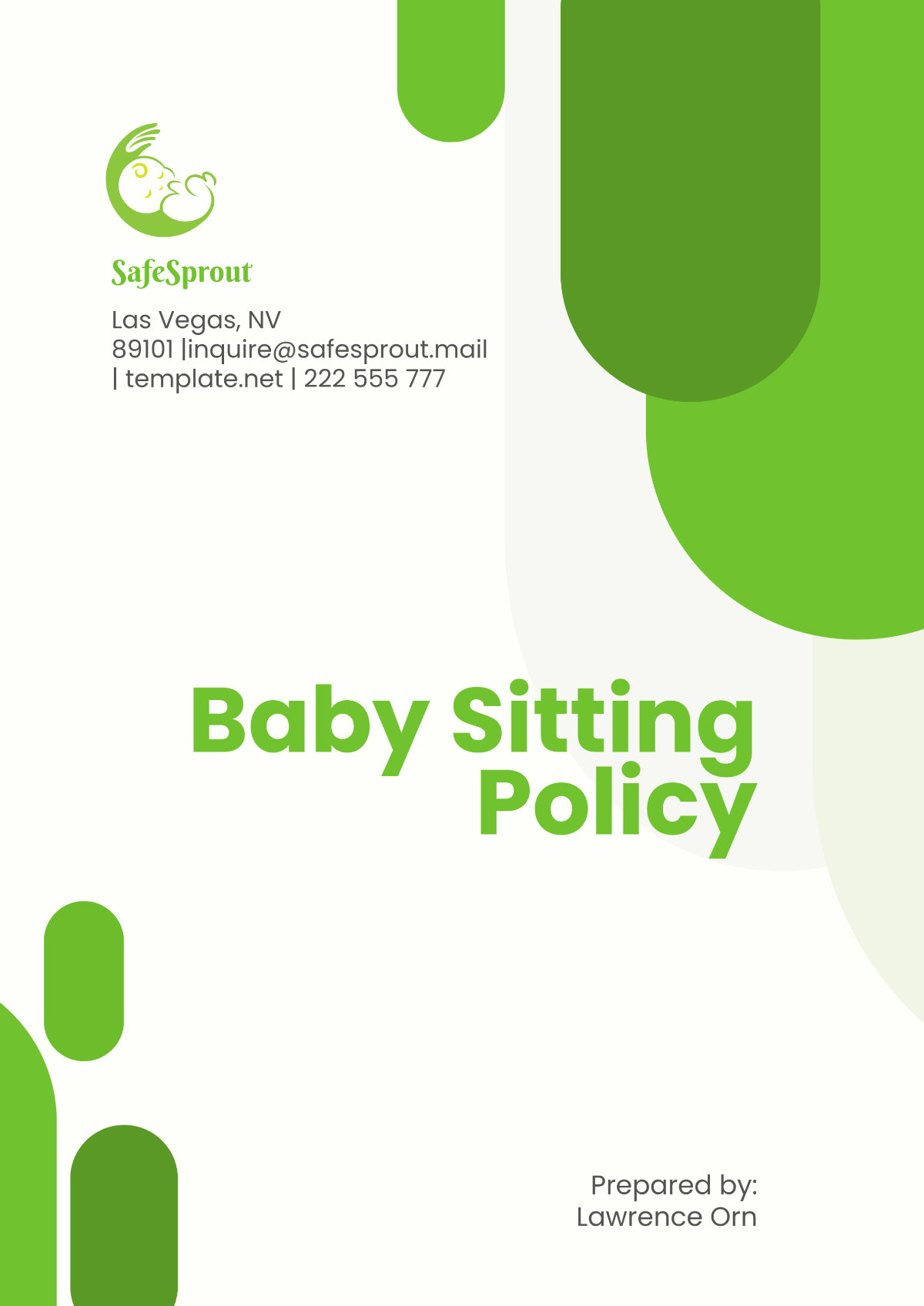Onboarding Policy for Sales Teams
I. Introduction
A. Purpose
The purpose of this Sales Team Onboarding Policy is to ensure that newly hired sales team members at [Your Company Name] receive a comprehensive and standardized onboarding experience. This policy outlines the process, activities, and responsibilities associated with onboarding to facilitate a successful transition into their roles.
B. Scope
This policy applies to all new sales team members, including Account Executives, Sales Development Representatives, Sales Managers, and any other sales-related positions within [Your Company Name].
C. Policy Statement
[Your Company Name] is committed to providing new sales team members with the necessary tools, knowledge, and support to excel in their roles. We believe that a well-structured onboarding process is critical to achieving this goal.
II. Onboarding Process
A. Pre-Onboarding
Human Resources will inform the Sales Operations Manager and relevant Sales Team Leaders of new hires scheduled for onboarding at least one week prior to their start date.
The Sales Operations Manager and Sales Team Leader will work together to prepare for the onboarding week, including scheduling, content development, and resource allocation.
B. Onboarding Week
The onboarding week will commence on the new employee's first day.
The Sales Operations Manager will lead the onboarding process and ensure that all activities are carried out as scheduled.
Onboarding will be conducted in a dedicated training room equipped with necessary materials and technology.
New sales team members will receive a comprehensive onboarding kit, including a detailed schedule, company handbook, and relevant training materials.
The onboarding week will conclude on the seventh day, followed by a graduation ceremony and team welcome event.
C. Post-Onboarding
After the onboarding week, new sales team members will be assigned to their respective teams and Sales Team Leaders.
Ongoing mentorship and coaching will continue, with regular check-ins to assess performance and address any questions or concerns.
III. Roles and Responsibilities
A. Sales Operations Manager
Oversee the onboarding process and ensure its effectiveness.
Collaborate with Sales Team Leaders to develop and refine onboarding content.
Evaluate the onboarding program's success and make necessary improvements.
B. Sales Team Leader
Collaborate with the Sales Operations Manager to prepare for onboarding.
Serve as mentors and provide guidance to new team members.
Continuously assess the performance and development of their team members.
C. Human Resources
Coordinate the communication and logistics of onboarding, including notifying the Sales Operations Manager and Sales Team Leaders of new hires.
Assist with administrative tasks related to onboarding, such as paperwork and benefits enrollment.
D. New Sales Team Members
Actively engage in the onboarding process and participate in all scheduled activities.
Seek guidance and clarification from mentors and trainers when needed.
Demonstrate a commitment to learning and growing within their roles.
IV. Onboarding Activities
A. Day 1: Orientation
Welcome and introduction to [Your Company Name] culture and values.
Review of company policies, benefits, and expectations.
Introduction to the sales team and departmental structure.
B. Day 2-3: Product and Service Training
In-depth training on [Your Company Name] products and services.
Hands-on experience with products or services where applicable.
Role-specific product knowledge and competitive analysis.
C. Day 4-5: Sales Skills Training
Sales techniques, strategies, and objection handling.
Effective communication, active listening, and negotiation skills.
Sales tools and technology training.
D. Day 6-7: Shadowing and Mentorship
New sales team members will shadow experienced team members to observe sales processes in action.
Pairing with a mentor who will provide ongoing guidance and support.
Simulated sales scenarios and role-specific practice.
V. Evaluation and Assessment
A. Ongoing Performance Evaluation
Sales Team Leaders will conduct regular performance evaluations of new team members to assess their progress.
Feedback and coaching sessions will be scheduled to address strengths and areas for improvement.
B. Onboarding Assessment
At the end of the first three months, a formal onboarding assessment will be conducted to evaluate the effectiveness of the onboarding process.
Adjustments and improvements will be made based on the assessment results.
[Your Company Name] is committed to fostering a culture of continuous learning and development within the sales team. This policy will be regularly reviewed and updated to ensure its relevance and effectiveness in welcoming new sales team members and helping them thrive in their roles.









